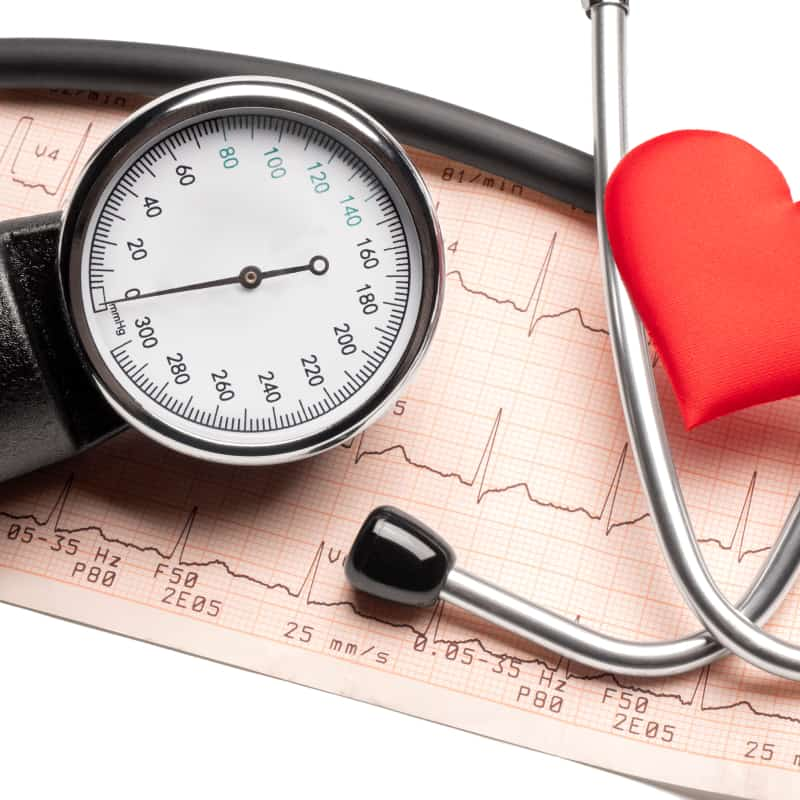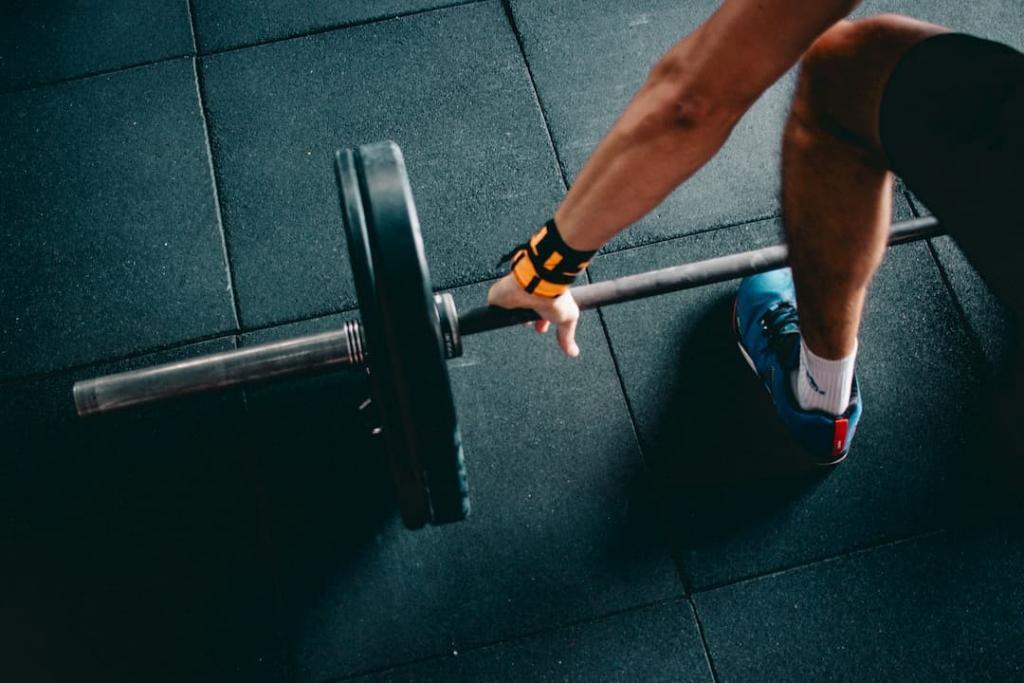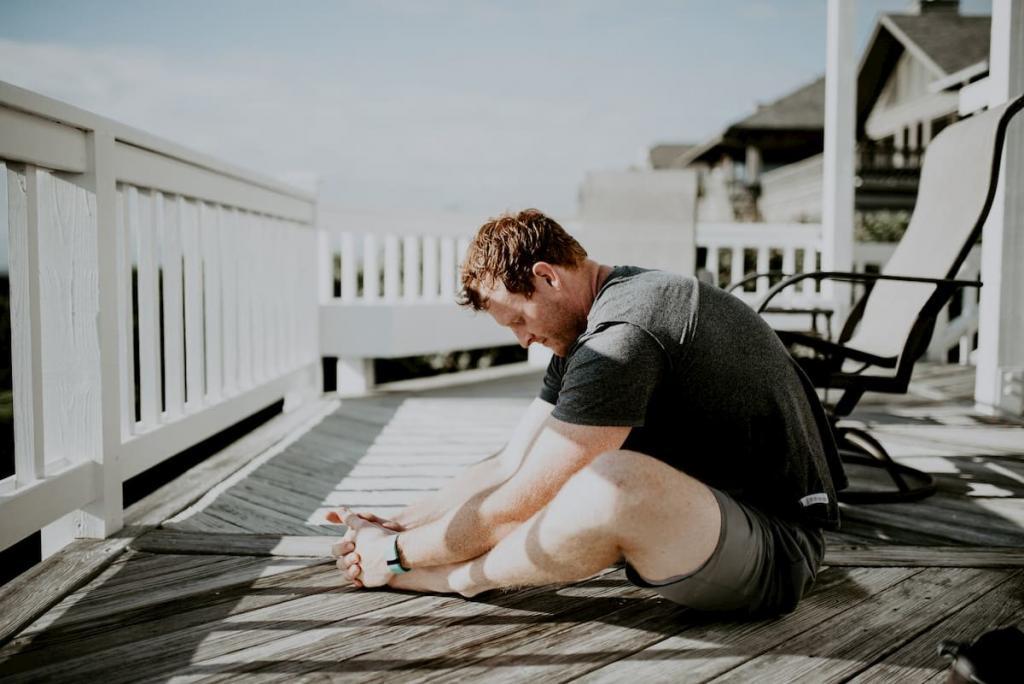
These Simple Lifestyle Changes Really Make A Difference
High blood pressure, or hypertension, is affected by our lifestyle choices. Our diet, weight and habits can either contribute to a healthy blood pressure or a dangerously high blood pressure. The longer high blood pressure is left untreated, the more it increases the risk of serious health problems like heart attacks, strokes and kidney disease. It can be invisible – high blood pressure doesn’t usually have immediate symptoms, and you could be making it worse without knowing. So what can be done about it?
Although medications such as Perindopril and Amlodipine are prescribed to treat blood pressure, you can also start improving your health from home without taking any medicine at all. These simple home remedies help keep blood pressure in check, as well as having a range of other health benefits. Let’s find out what you can start doing today to keep your heart happy!
Eat Less Salt
A high intake of sodium is linked to high blood pressure. For most of us, the source of this sodium is an obvious culprit: salt. We shouldn’t be eating more than 2.4g of sodium a day, or 6g of table salt [1]. But most of us are eating over 8g daily. Where does all that salt come from?
It’s hard to cut salt out of our modern diets. The obvious first step is to rely less on the salt shaker when cooking at home and use other seasonings and spices to add flavour to dishes such as basil or cayenne pepper. However, the majority of our sodium intake comes from processed foods. In fact, around 75% of our salt consumption is comes from this ‘hidden source’ of pre-packaged salty foods [2]. It’s easy to buy a sandwich at a supermarket and not give a second thought to the salt content, but the reality is that most processed foods contain high amounts of salt. This includes ready meals and even basics like bread and cereal.
Make sure to always read the nutritional information label when buying processed foods to find out the sodium content. Once informed, you can decide what products to cut down on or eliminate from your diet. By making smart decisions when shopping, cutting down on fast food and ready meals and swapping salt for different seasoning when cooking at home, you can continue to eat a varied and flavourful diet while lowering the chances of developing high blood pressure. That’s nothing to be salty about!

Eat More Potassium
Potassium is a good way to balance out the effects of sodium in the body, as well as being an important mineral for heart health. Eating a potassium rich diet could be as important for lowering blood pressure as laying off the salt. The good news is there are plenty of tasty foods high in potassium, and getting them naturally from your daily diet is an effective way to lower blood pressure [3].
Here are some great sources of dietary potassium to try:
- Bananas
- Jacket potatoes with the skin on
- Sweet potatoes
- Tomato juice or puree
- Tuna
- Yogurt
When looking to boost your potassium levels make sure you talk to your doctor first, as it is possible to have too much potassium in the body in a condition known as Hyperkalemia. Just like high blood pressure, it’s a condition that may not always have symptoms, and it’s particularly harmful for people with kidney disorders. Talk to a doctor about how to incorporate potassium rich foods into a balanced diet and whether or not you should be taking supplements.

Drink Less Alcohol
A glass of wine with a nice meal, a couple of pints at the pub with friends … All good right? If you’re keeping your alcohol intake at less than 14 units a week, it shouldn’t be a problem. However, regularly drinking more than that can cause some worrying health problems, one of them being raising your high blood pressure over time. Compounding this problem is the fact that many alcoholic drinks are quite calorific. Heavy drinking contributes to weight gain which can – you guessed it – raise your blood pressure.
Without a reference, it can be easy to go over 14 units a week without thinking. For example, a pint of low strength beer is around 2 units, whereas a large glass of wine is 3 units [4]. Make sure to check the alcohol volume of the drink, usually written as ABV and given as a percentage. Helpfully, many beer or wine bottles now have the total units displayed on the label.
Give yourself a few days in the week without alcohol, and don’t binge. It’s much better to spread those 14 through the week then cram them all in on the weekend! Try swapping to lower strength drinks or trying non-alcoholic varieties. Tracking your weekly alcohol consumption allows you to be in control and make informed decisions, while still enjoying a glass of white wine at a restaurant or a beer after work. It also allows for peace of mind – by cutting down, you’re reducing the risk of serious health issues later on.

Get Some Exercise
The science is conclusive: exercise helps prevent high blood pressure [5]. Regular exercise strengthens your heart, thereby putting less pressure on the arteries. It also helps you shed excess weight such as visceral fat around the waistline, which can be a major cause of rising blood pressure.
The key is to exercise regularly. We should be getting at least 150 minutes of moderate exercise weekly. Anything that raises your heart rate and quickens your breathing is good moderate aerobic exercise, such as cycling or dancing. You could also be doing around 75 minutes of more intensive exercise every week, such as working out at the gym, running and swimming.
If you’re getting back into exercise after a period of inactivity, remember to pace yourself and warm up. Even daily activities like walking to work or mowing the lawn can help elevate your heart rate. Keep at it and you’ll see the progress!

De-Stress
We’re living in stressful times, and it’s likely having an impact on our physical health. Specifically, stress may affect the development of high blood pressure [6]. When you hit those peaks of stress, your body enters fight-or-flight mode and with that comes a spike in blood pressure. Although there isn’t a conclusive link between a stressful lifestyle and long-term hypertension, repeated spikes of blood pressure can put a real strain on the heart and blood vessels. On top of that, stress can often lead to unhealthy coping methods such as smoking or binge drinking which exacerbates the problem.
There are many effective techniques for de-stressing, including exercise, mediation, breathing exercises and a proper sleep schedule. Check out how to Master Stress in 7 Easy Steps.

Can Medication Help?
Although these home remedies help keep your blood pressure in check, some people who already have dangerously high blood pressure should take medication.
One type of blood pressure medication are Angiotensin-converting enzyme (ACE) inhibitors. These work by relaxing your blood vessels and can effectively treat high blood pressure when taken as prescribed. Medicines of this type include Ramipril and Perindopril.
Sources
- NHS Daily Recommended Salt & Sodium Intake
- British Heart Foundation information on percentage source of salts in our diet
- Study showing that dietary potassium is effective at lowering blood pressure
- NHS Alcohol Units Guide
- Study looking into physical activity and the prevention of hypertension
- Article examining links between chronic psychosocial stress and hypertension
Further Reading
- 7 Home Remedies for Managing High Blood Pressure | Healthline
- 10 ways to control high blood pressure without medication | Mayo Clinic
- Treatment for high blood pressure | NHS
- Ramipril | BNF
- Perindopril | NHS









